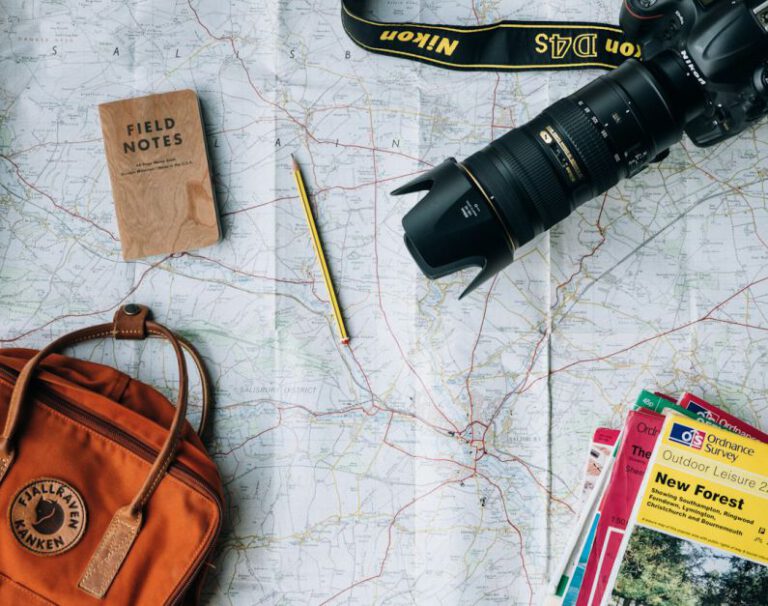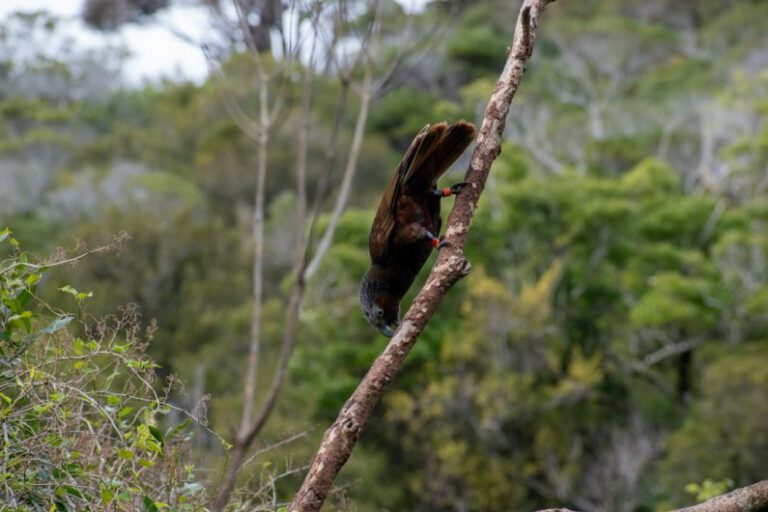Responsible Hiking: Tips for Eco-friendly Exploration
Hiking is a wonderful way to connect with nature, explore beautiful landscapes, and challenge yourself physically. However, as the popularity of hiking continues to grow, it is important for outdoor enthusiasts to be mindful of their impact on the environment. Responsible hiking involves taking steps to minimize harm to the natural world while still enjoying all that it has to offer. By following a few simple tips, you can ensure that your hiking adventures are both enjoyable and eco-friendly.
Choose Sustainable Trails
When planning a hike, opt for trails that are well-maintained and designated by park authorities. Stick to marked paths to avoid trampling on fragile vegetation and disturbing wildlife habitats. By staying on established trails, you can help protect the natural landscape from erosion and prevent the spread of invasive species. Choosing sustainable trails also reduces the risk of getting lost or encountering dangerous terrain, ensuring a safer and more enjoyable hiking experience.
Leave No Trace
One of the fundamental principles of responsible hiking is to leave no trace. This means packing out all of your trash, including food wrappers, water bottles, and any other waste you generate along the way. Take care to dispose of waste properly in designated bins or by carrying it out with you. Leave natural objects such as rocks, plants, and flowers where you find them, as removing them can disrupt the ecosystem and impact wildlife. By leaving no trace, you can help preserve the beauty of the wilderness for future generations to enjoy.
Respect Wildlife
While hiking, it is possible to encounter various forms of wildlife, from birds and insects to larger mammals like deer or bears. It is essential to observe wildlife from a safe distance and avoid approaching or feeding them. Keep noise levels to a minimum to prevent startling or disturbing animals in their natural habitat. By respecting wildlife and maintaining a respectful distance, you can minimize your impact on their behavior and ensure their continued well-being.
Pack Wisely
Be mindful of the items you pack for your hike and opt for reusable or biodegradable alternatives whenever possible. Bring a refillable water bottle to reduce plastic waste and pack snacks in reusable containers to minimize packaging waste. Choose eco-friendly sunscreen and insect repellent to protect yourself without harming the environment. Consider bringing a small trash bag to collect any litter you may find along the trail, further contributing to the preservation of the natural environment.
Support Conservation Efforts
Consider supporting local conservation organizations or volunteering for trail maintenance projects to give back to the places you love to hike. By donating or participating in conservation efforts, you can help protect and preserve natural areas for future generations to enjoy. Get involved in local clean-up initiatives or join a hiking group that promotes eco-friendly practices to make a positive impact on the environment and support sustainable outdoor recreation.
Mindful Hiking Practices
Practice mindfulness while hiking by taking the time to appreciate the beauty of nature and connect with the environment around you. Engage all your senses—listen to the sounds of the forest, breathe in the fresh air, and observe the intricate details of the natural world. By being present in the moment and respecting the wilderness, you can cultivate a deeper appreciation for the outdoors and promote a sense of stewardship for the environment.
In conclusion, responsible hiking is about enjoying the great outdoors while minimizing your impact on the environment. By choosing sustainable trails, leaving no trace, respecting wildlife, packing wisely, supporting conservation efforts, and practicing mindfulness, you can help preserve natural areas for future generations. Embrace these eco-friendly hiking tips on your next outdoor adventure and be a steward of the environment while exploring the beauty of the wilderness.






